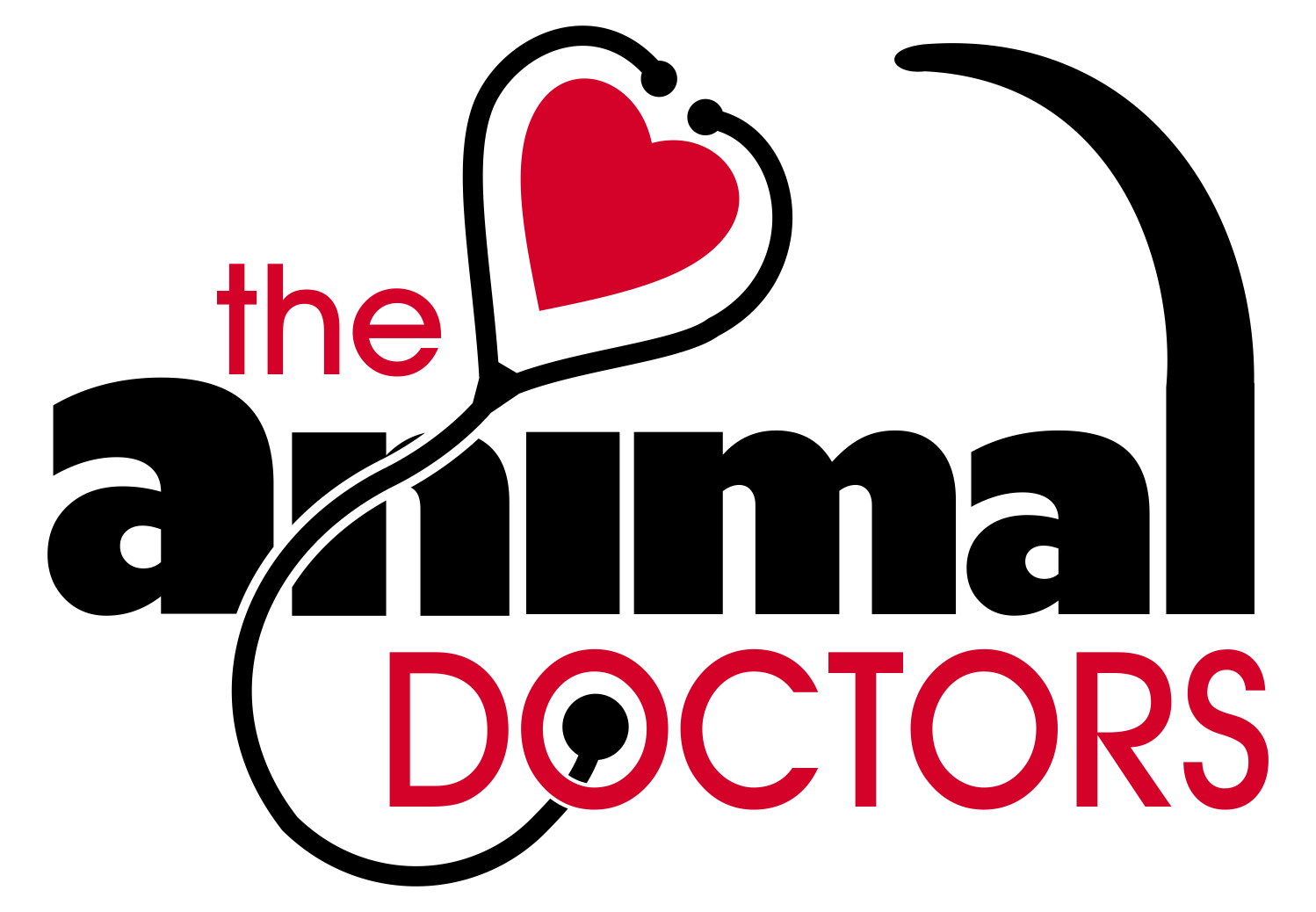Behavioral Counseling & Low Stress Handling
Behavioral problems are one of the main reasons why pets are surrendered to animal shelters. These problems can be very frustrating for pet owners. Pets can have a wide variety of behavioral issues, and some medical conditions can mimic behavioral problems. We are here to help differentiate between medical and behavioral problems.
Our goals are to help pets and their owners live together comfortably and safely and to help restore the bond between pets and their families. During a puppy/kitten evaluation, our trained staff can help to advise new pet owners of potential concerns. Prevention is extremely important, and our knowledgeable staff can evaluate fear and aggression and make early recommendations.
Although behavioral problems can arise from certain emotional trauma or physical mistreatment, in many cases the problem can arise from simple misunderstandings or learned associations that were inadvertently established during training. We try to work closely with dog trainers to assure your pet's treatment plan involves both environmental and behavioral modification. Trainers may have certifications with the Karen Pryor Academy (KPA-CTP), Clicker Training Program, Victoria Stilwell Positively Dog Training (VSPDT), and Credited Pet Dog Trainer-Knowledge Assessed (CPDT-KA).
Some pets may benefit from behavioral-modifying drugs, as well.
Some common behavioral issues that we can assist your pet with include:
Aggressive behavior
House soiling
Anxiety
Hyperactivity
Jumping up and mouthing
Fear of thunderstorms
Furniture scratching
Inter-cat aggression
Low-Stress Handling
You may worry about how your dog or cat is going to behave when you put them in the car and bring them to the clinic for their annual visit, let alone if they are sick or injured. The waiting room is full of anxiety at most veterinary offices. However, at The Animal Doctors, we strive to make your pet's visit as comfortable and stress-free as possible. Our lobby is designed with a special cat corner so that your feline friend can avoid having unfamiliar dog encounters. Feline pheromone plug-ins and towels pre-sprayed with pheromones will help put anxious cats at ease. We have a designated “cat room” at the back of our clinic to assist in making our cat appointments quieter and further away from our canine patients. This room also has a large window for cats to look out of.
The majority of our staff is Low Stress Handling Silver Certified through the Dr. Sophia Yin Dog/Cat Behaviorist Program. Dr. Kyle Stevenson is also a Fear-Free Certified Veterinarian. This enables us to better engage your dog or cat comfortably while at the hospital for any and all reasons. This practice, methods, and tools help to calm veterinary patients and create low-stress environments, which in turn encourages better healthcare, more satisfied patients, and happier owners and staff!
What can you expect from a low-stress or fear-free visit?
We play calming music in each exam room.
We make every attempt to work at your pet’s comfort level. This may mean working on the floor with pets who are afraid of the exam table, performing an exam outside or with the exam room door open, and going really slowly through an appointment.
We may utilize a lot of “high-value” treats to help distract your pet from worrying about his/her physical exam. These treats may include peanut butter, spray cheese, whipped cream, chicken baby food, canned food, etc.
Sometimes, we will abandon our to-do list for your pet in order to make him/her more comfortable and will recommend having your pet come back on a separate date with calming medications (pre-visit pharmaceuticals, or PVPs) on board.
If your pet is severely stressed and is a danger to themselves and to us, we will recommend full sedation to perform an examination and any treatments that are necessary.






